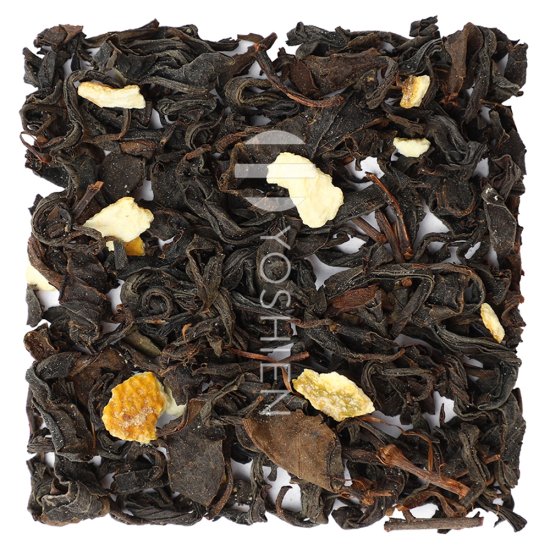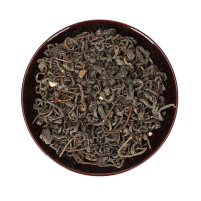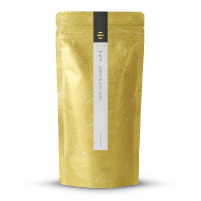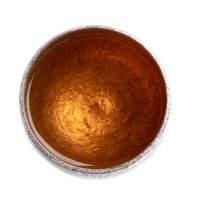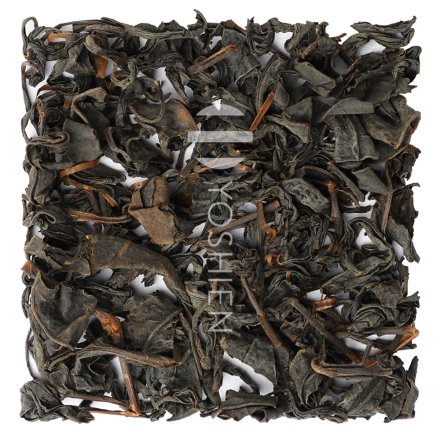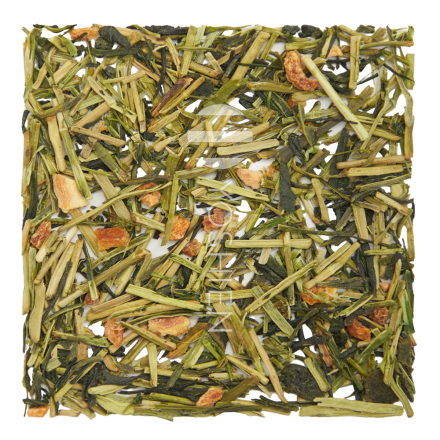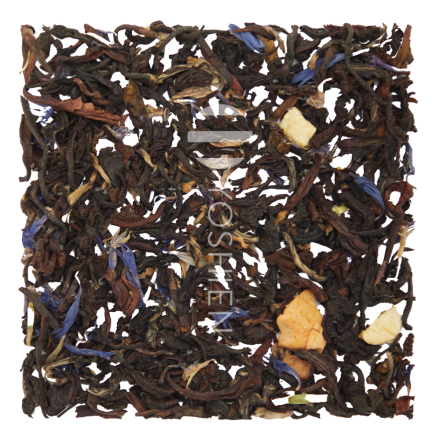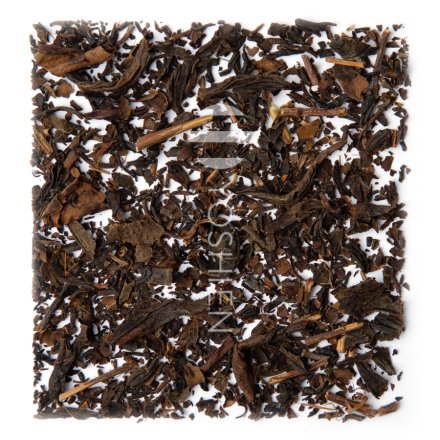The zairai cultivar is a very old cultivar with unknown origins endemic to Kyushu. It is believed that it was one of the first teas cultivated in Japan and eventually grew wild. Recently, tea farmers have begun cultivating Zairai again, and the tea farmer Miyazaki Sabou boasts zairai trees that are almost 100 years old. These aged trees, in combination with the organic standards for which they are cared for, produce a particularly clear black tea with a robust character.
The tea fields of Miyazaki Sabou are at a relatively high elevation of 500m in the northern, mountainous region of Miyazaki. Although this area is tropical (with temperatures of up to 33°C in the summer), in the winter and at night the temperature drops quite low (-10° C). Snowfall as well as frost can occur from the beginning of October until April.
Single Origin
This tea comes from the above mentioned tea field in Gokase and is sourced directly from the tea farmer.




